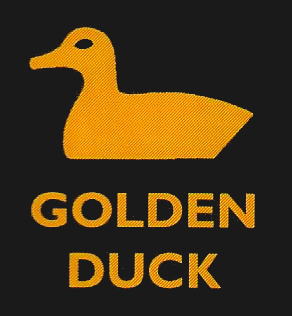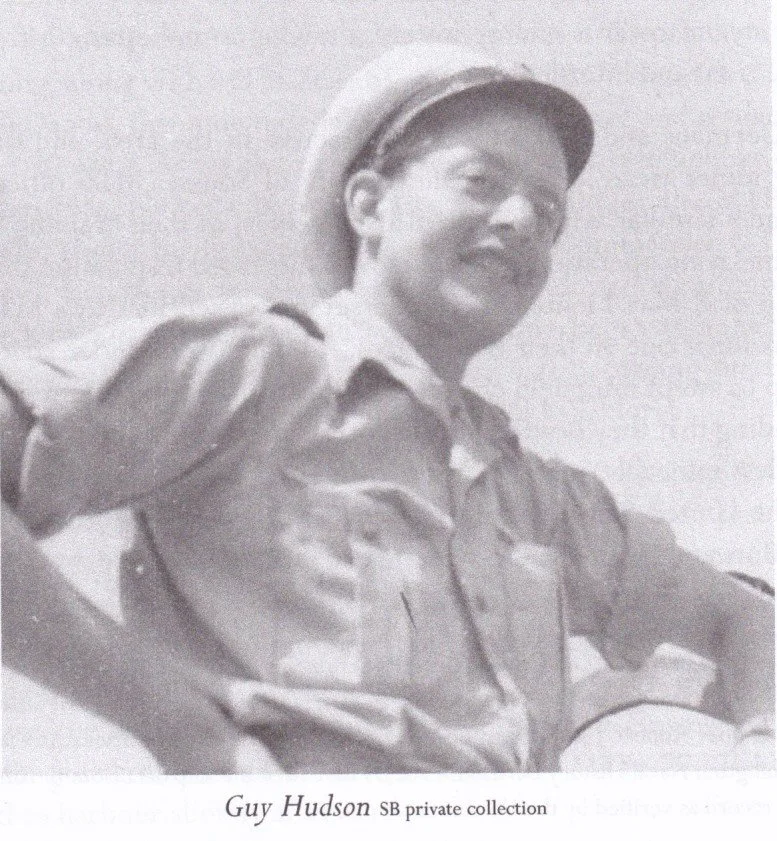Crash Start by Chris O'Flaherty
In April 2017 Captain Chris O’Flaherty RN was elected as the Royal Navy’s Hudson Fellow at St Antony’s College, Oxford University. He’d joined the navy at 18 straight from school, served 30 years and hadn’t previously studied at university. It seems typical of O’Flaherty that he should then decide to investigate the life of the man whose legacy would be paying his fees. This biography (published 2019) is the result. Any proceeds or royalties return to the trust.
O’Flaherty’s subject at St Anthony’s was Naval Mines — his exertise contributed a particularly gripping chapter in his most recent book Torpedoes, Tea and Medals. However he also has a partyicular ijnterest in small ships — especially the legacy of Coastal Forces and also an openness to the wartime contribution of the WW2 Volunteer officers who made this part of the service their own - a ‘navy-within-a-navy’ as he describes it.
Guy Hudson was born in Birmingham in September 1920, the child of a decliningly prosperous, mildly dysfunctional but affectionate family. He learned to sail and to ride as a child and attended Rugby School. where he was enthusiastic for Ornithology and the OTC. When WW2 brokeout he was beginning his first year at Oxford, reading Jurisprudence., By the summer of 1940 he had volunteered for the RNVR, serving his first six months as a seaman on board the destroyer HMS Sikh, memorably present at the pursuit and destruction of the German battleship Bismark in May 1941. Fifteen months later she was hit repeatedly and sunk with significant loss of life during Operation Agreement, a raid off Tobruk in September 1942. Hudson was not present, as his MTB 62 had suffered mechanical failure, neverthless O’Flaherty seems sure that this botched raid and the loss of some many former shipmates would have had a deeply damaging effect on Hudson.
Hudson served in the Mediterranean for a year 1942-1943 before being invalided home to give an injured hand the proper chance to heal. He was not immediately passed fit for sea service. Instead he went to HMS Bee, in Weymouth, then Holyhead. Here he met with Phillip Lee RNVR and began to develop their innovative tactics to use radar to locate and control MTBs and MGBs in close action - typically at night.
Crash Start opens with a detailed and expert set piece in which O’Flaherty uses his own professional knowledge and insider’s language to guide the reader through a series of actions from August 24th 1944 when Hudson and Lee’s development of the role of the Surface Force Direction Officers (SFDO) using radar positioning to manage high-speed nighttime operations from control rooms on Captain Class Frigates was demonstrated in all its complexity. The precision (without GPS!) is awe-inspiring and the concentration and clarity required deeply impressive. Night after night for ten weeks after D-day. No wonder both machines and men were worn-out by early September. No wonder, given the general intensity of life in Coastal Forces, that Hudson had become rather too dependent on frequent shots of Hudson Heart-Starters (extra strong gins).
When the war was over, he married, qualified as a solicitor, developed some skill at inventing on the stock exchange but couldn’t give up the Heart-starters. Alcoholism lost him his first marriage and eventually cost him his life. It’s a melancholy ending and possibly not untypical - though he did enjoy some years of happiness in a second marriage, which included a loyal step-daughter. (Thanks to her for most of the book’s photographs)
Chris O’Flaherty’s year as a Hudon scholar was clearly well spent. This relatively brief biography is of obvious value explaining and celebrating an aspect of tactical development and connecting it with the capacity of innovation and independent thought which was often the gift of the ‘Hostilities Only’ officers. The human cost is described with compassion.
Other RNVR officers mentioned in this book are TJ Bligh. MG Duff, T Ellis, RG Fison, S Gould, RA Hennessy, HAJ Hollings, F Johnson, PG Lee, DW Napier, JB Sturgeon, R Sykes, CJ Wright,
e



